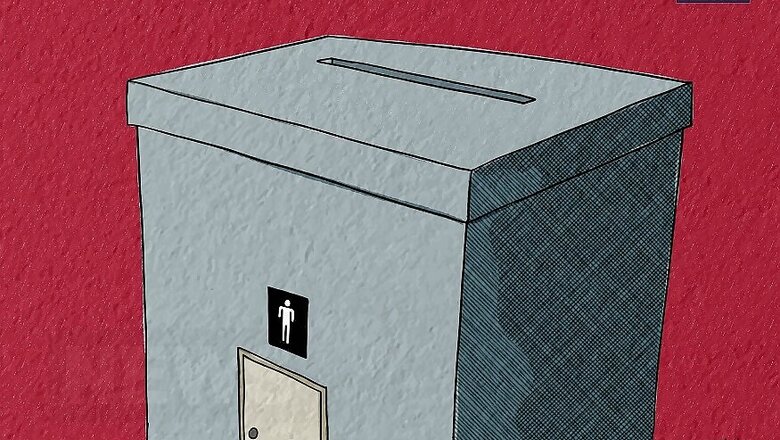
views
When Prime Minister Narendra Modi began his campaign for Karnataka Assembly election, one of his slogans was "Beta, Beti Ek Saman" – stressing on equality among men and women, alike.
Now that the elections in the southern state are just a day away, a look at the BJP’s 224 candidates shows a surprising statistic: the number of women candidates fielded by the party is only six. This does not even amount to the three percent of the total candidates fielded by the BJP.
But the BJP isn’t the only party which has fielded very few women candidates.
The other two main contenders, the Congress and the JD (S) also doesn’t have much to offer when it comes to fielding women candidates. While the Congress has fielded 15 candidates, the Janata Dal Secular has only fielded four.
This dismal women representation is despite the fact that Karnataka is a state where almost 49 per cent of the voting population constitutes of women.
However, this is not the first time when Karnataka has seen fewer women contesting the polls. The state of affairs in the last elections wasn’t much different either.
In the 2013 elections, there were 175 female candidates of the 2,945 candidates. The Congress gave tickets to 8; the BJP had 7 contestants and JD(S) scored high among the parties with 12 candidates in the fray. Sixty seven of the women were independents.
This, in turn, directly impacted the number of women in the state Assembly. Currently, Karnataka has one of the lowest women representation in Assemblies across India with just only three women representatives in the house. That is a less than 3% of the total strength.
In fact, the highest representation of women in the Assembly was in the year 1962 when 18 of the women won the polls out of the 30 fielded candidates.
The City Of No Women
Bengaluru, known as bustling cosmopolitan city, representing modern times has a much worse record. None of the women representatives come from the ‘garden city’. A deeper look into the Election Commission of India data shows that during the last four elections, only one women candidate has won from Bengaluru.
The last time the city saw the highest number of women candidates was way back in 1957 when three candidates won from Bengaluru.
Grace Tucker, Nagarathnamma and Lakshmi Ramanna were the three women who won in Bangalore from Ulsoor, Gandhinagar and Chamarajpet respectively in 1957. This, as mentioned before, remains the highest number of women elected from Bengaluru. Grace beat her closest rival K Kannan by a margin of 3930 votes. Nagarathnamma polled 8,048 votes (40%) more than her closest rival J Lingaiaha. Lakshmi Devi Ramanna beat her closest rival Rangaiaha Naidu by 2,137 votes.
No Women Representation Bill
Karnataka once pioneered the reservation of 25% seats for women in panchayats when Ramakrishna Hegde was the chief minister in 1983. Today, with the 73rd and 74th Amendments, which call for the reservation of a third of seats for women in Panchayat Raj institutions and urban bodies, the percentage representation of women in the three levels of Panchayat Raj institutions in Karnataka – gram panchayat, taluk panchayat and zilla panchayat are 51.14%, 55.15% and 53.21%, respectively.
Yet, women have not been given due space and representation in the state Assembly and Parliament. In the 2014 Lok Sabha elections, 21 women contested in Karnataka. Only one woman won.
In fact, Karnataka has never had a woman chief minister or deputy chief minister. In the past decade, BJP MP Shobha Karandlaje was the only woman to get an important portfolio. She was minister of energy and food and civil supplies.
Much of this paltry women representation during the polls in the state can also be attributed to the lack of a Women Reservation Bill.
The Bill introduced in Parliament in September 1996 to reserve a third of the seats in Parliament and state legislatures never saw the light of the day. This is despite the fact that all the parties — the BJP, the Congress, the JD(S) — support the legislation.
Eventually, the Women’s Reservation Bill, which promised 33% for women, lapsed in 2014 with the dissolution of the 15th Lok Sabha.




















Comments
0 comment